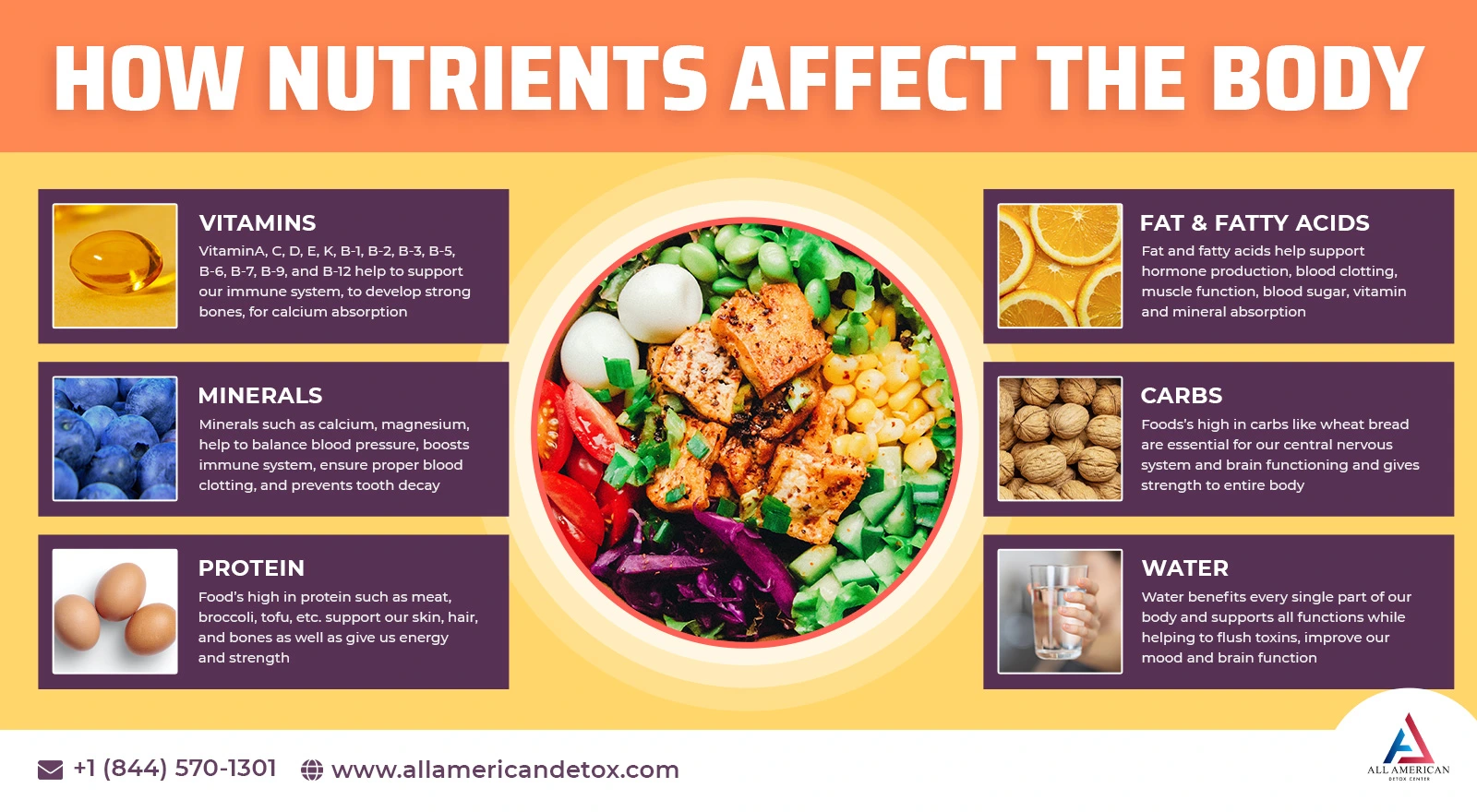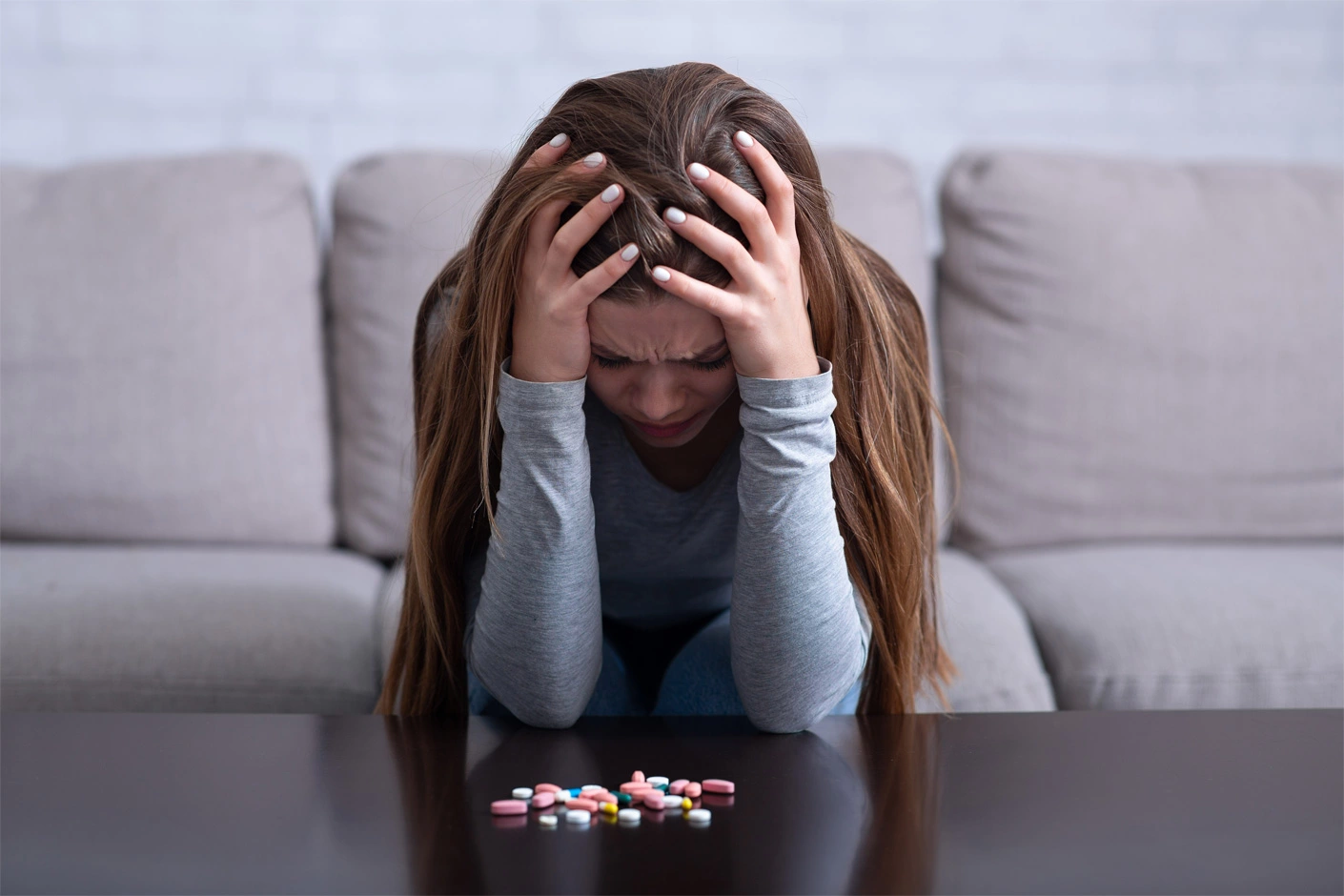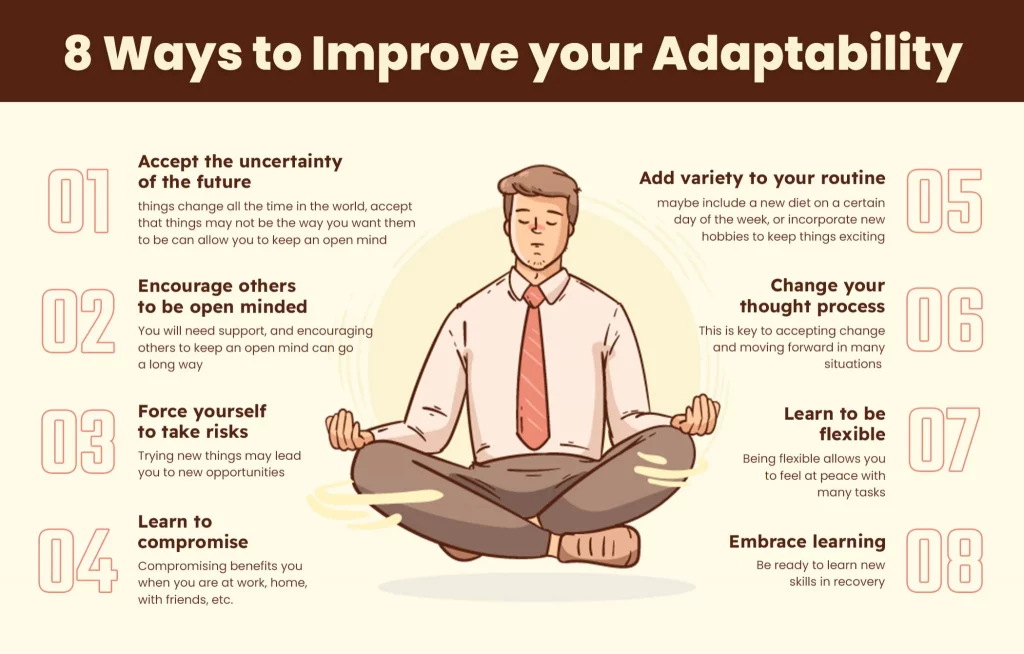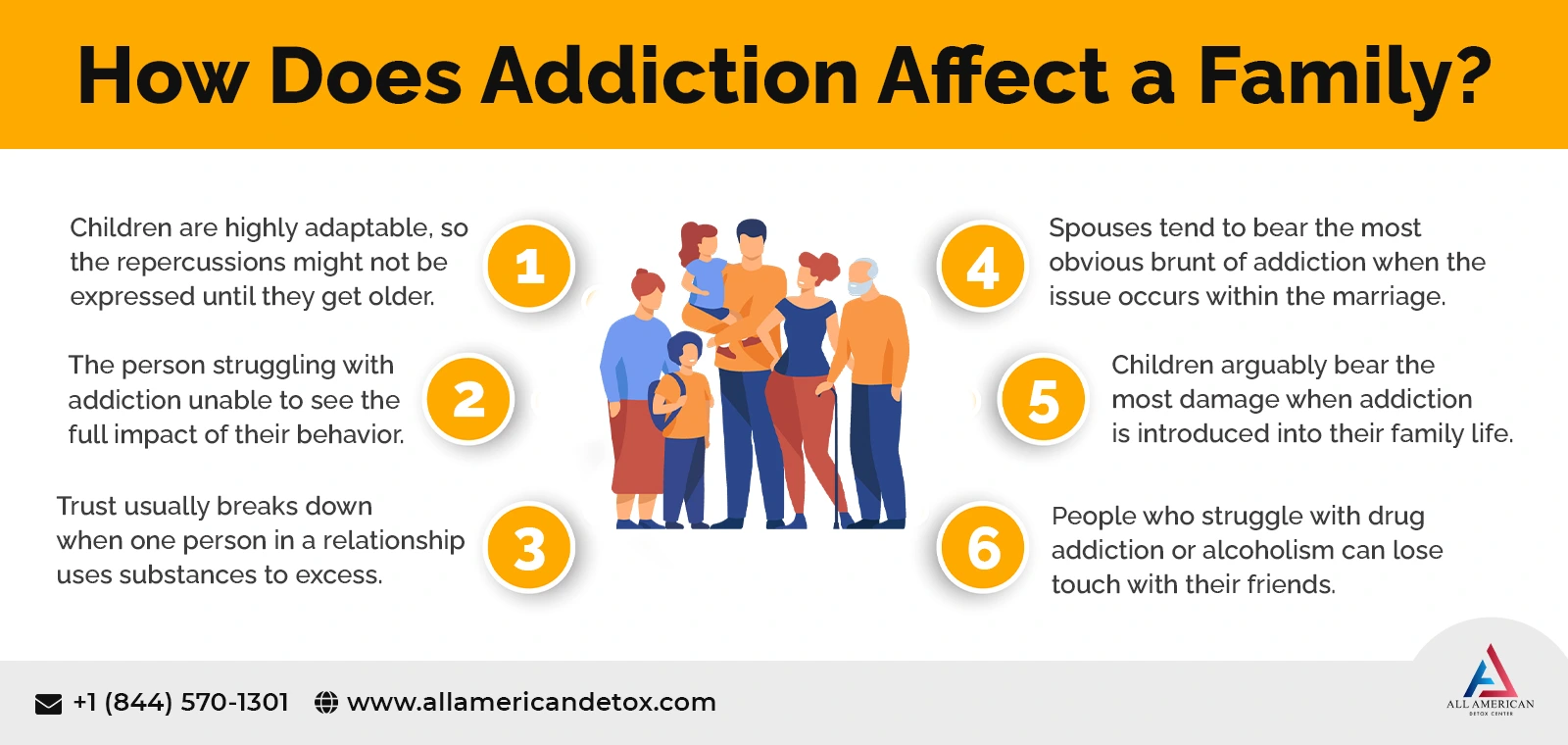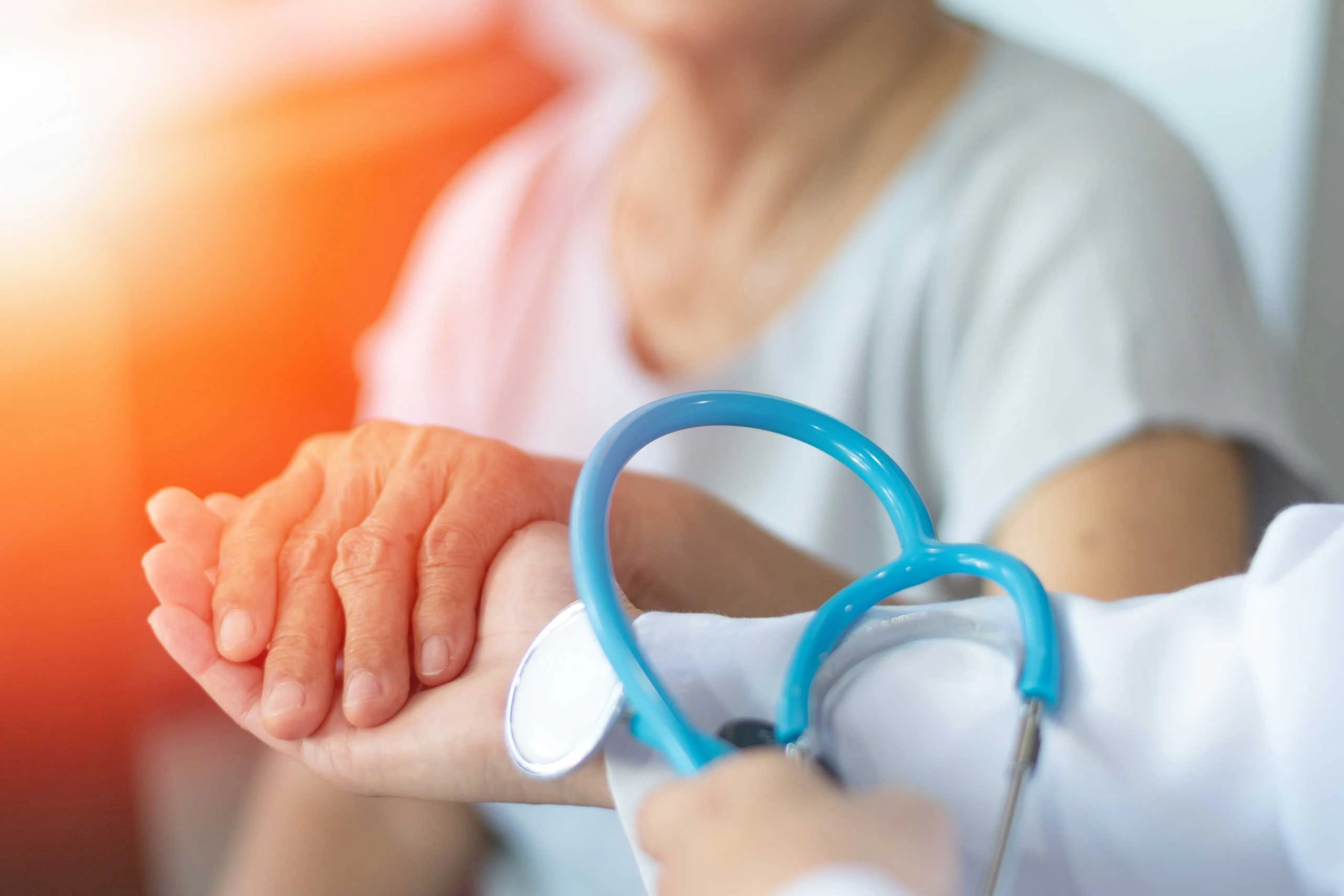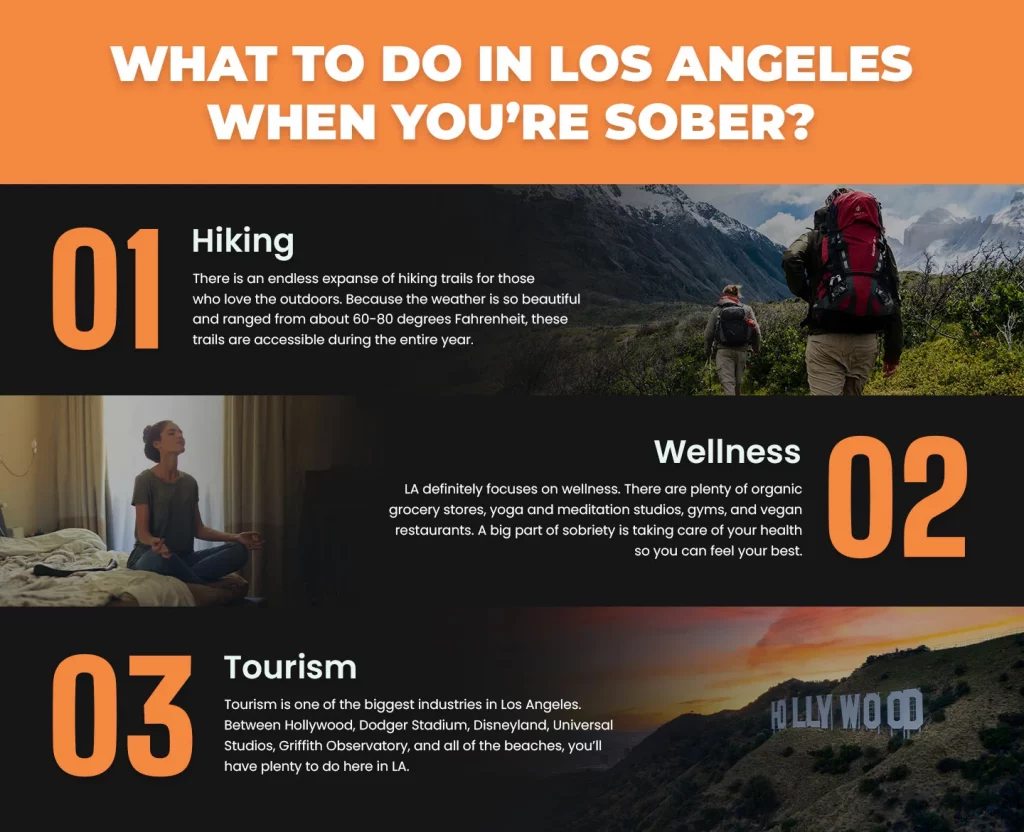Life is hard as it is and it’s even harder for people to deal with depression and anxiety. People with depression and anxiety need love and care but more importantly, they need proper help and therapy for them to heal and live their lives like they are supposed to. But this sounds much easier than it actually is. In reality, there’s a considerable amount of stigma, prejudice, and discrimination against people with depression and anxiety, like they didn’t have enough issues already and now they have to deal with this as well.
These things really make it harder for people to deal with depression and anxiety and instead people often choose to hide their anxiety and depression from people. If depression and anxiety are left untreated, they may develop into chronic ones which will make them very difficult to manage, so it is necessary that you or people you know who have depression get the help they need. Let’s take a deep dive into everything that you need to know to deal with depression and anxiety.
What Are Depression and Anxiety?
Depression and Anxiety are both types of psychological conditions that influence the way a person behaves or acts. Depression in particular causes feelings of sadness and negatively affects their emotions about how they feel, how they think, or even how they act. This can lead to a loss of interest in work, day-to-day chores, and activities. Depression could also negatively affect their friendships and relationships, which could complicate things even further.
Anxiety, on the other hand, causes overwhelming feelings of what to do, what not to do, what’s to come, and what’s not to come, among countless other fears. This causes unnecessary anxiousness or worries about things that they shouldn’t be anxious about and in extreme cases may even trigger an anxiety attack. In some cases, people with extreme anxiety levels are not even able to enter an elevator or cross the street or even go out of their homes.
People who are addicted to drugs or are alcoholics often have signs and symptoms of depression and anxiety and often need therapy along with an addiction treatment program to completely get out of their current situations. If you need a recommendation for a great drug detox center, then we will be happy to introduce you to the All American Detox Center that not only helps people who are addicted, but also treats people with depression, anxiety, eating disorders, and much more. Their residential inpatient treatment is excellent and has some of the highest ratings when it comes to patient recovery success.
What Are The Signs and Symptoms of Depression and Anxiety?
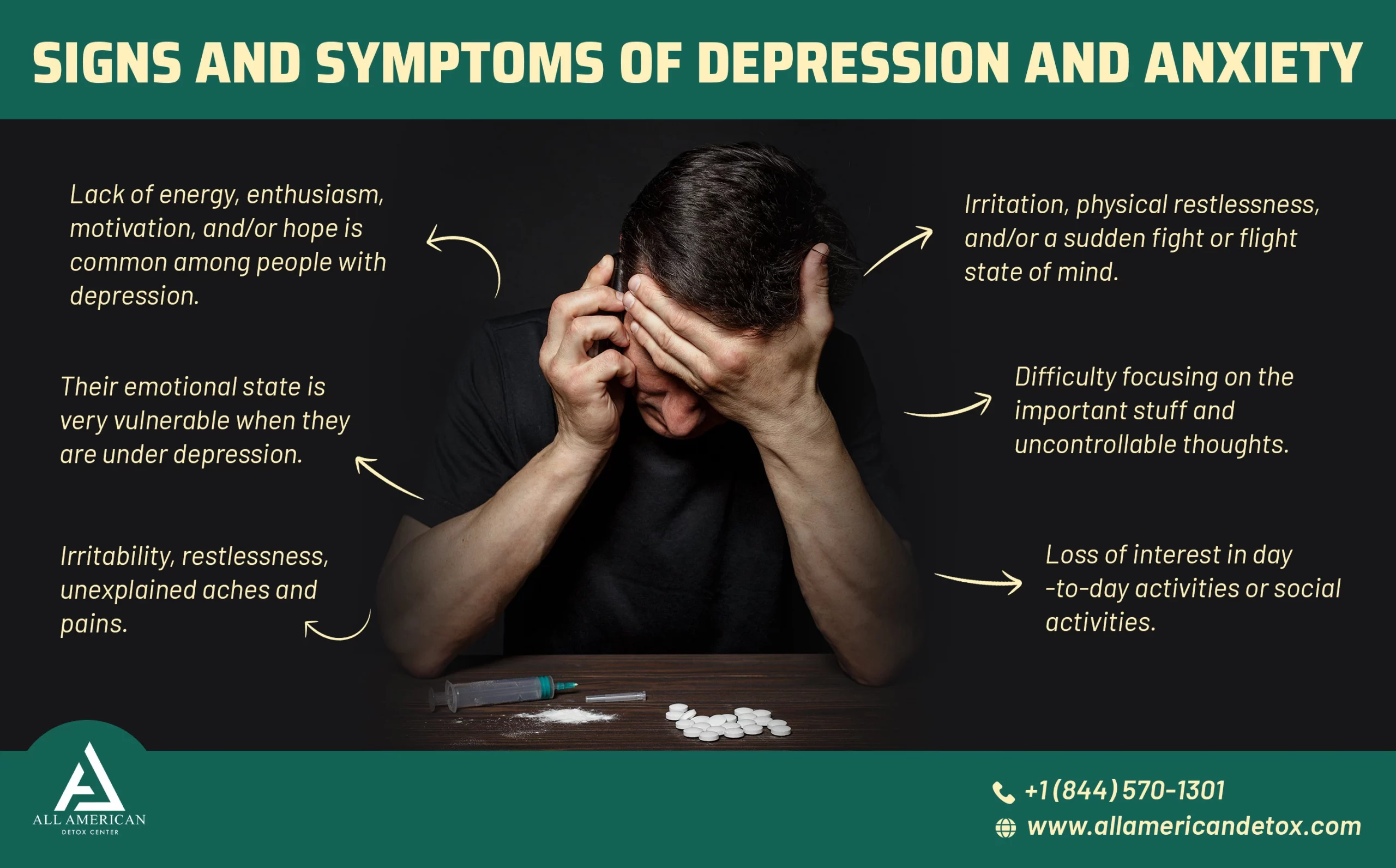
Here are some major signs and symptoms that you will notice in a person if they are depressed or anxious. Let’s start with Depression first.
Depression:
While it usually starts with feelings of sadness and hopelessness, it could get more serious with time. Here are some major ones.
- Irritability, restlessness, unexplained aches and pains, and may even have irregular heartbeat or tachycardia.
- Their emotional state is very vulnerable when they are under depression. So, they may end up saying or doing something that jeopardizes their relationships and/or friendships.
- Loss of interest in day-to-day activities or social activities or hanging out of the home.
- Lack of energy, enthusiasm, motivation, and/or hope is common among people with depression.
- Changes in mood, appetite, and weight.
- Sleeping issues.
- Difficulty focusing on the important stuff and uncontrollable thoughts.
Anxiety:
Here are some of the common symptoms of anxiety.
- Fear, anxiety, and/or nervousness.
- Uncontrollable stress.
- Irritation, physical restlessness, and/or a sudden fight or flight state of mind.
- Trouble falling asleep.
- Headache, confusion, and brain fog.
- State of panic.
- Being always on the edge.
- Anxiety attack.
How To Deal With Depression and Anxiety?
Some people have either, while others may have both, but due to societal stigma, prejudice, and discrimination against people with depression and anxiety. So, dealing with depression and anxiety becomes much harder. Dealing with depression and anxiety is something not a lot of people can do. Even if they do choose to do something about it, they either choose not to get help due to said stigma. Even if they do manage to ask for help, they are often misdiagnosed, either due to systemic bias. Or due to the fact there’s no definitive test that says positive for depression or anxiety or both.
There’s a whole lot of research going on to figure out more about these psychological conditions. To effectively deal with depression and anxiety, it’s important that the one who has these psychological conditions gets admitted to an addiction recovery center. Don’t get fooled by the name. They treat all kinds of psychological disorders including addiction treatment programs, eating disorders, and depression and anxiety treatment.
Just search for a residential inpatient drug rehab and check their treatment programs for depression, anxiety, or any other psychological conditions. They don’t just treat their symptoms but fix the root causes behind their anxiety and depression through therapy and proper treatment methods.
Wrapping Up:
Anxiety and depression can be quite overwhelming, especially with the stigma that surrounds them. If they don’t get the treatment in time, it could get quite serious which could lead to more problems. Managing the symptoms isn’t enough and one needs to deal with the root cause behind their anxiety and depression. So that this will make it difficult for these conditions to come back again. All American Detox Recovery Center can help you in recovery, which is a luxury residential treatment center in Los Angeles. Just make a call to us at our addiction recovery hotline +1 (844) 570-1301




